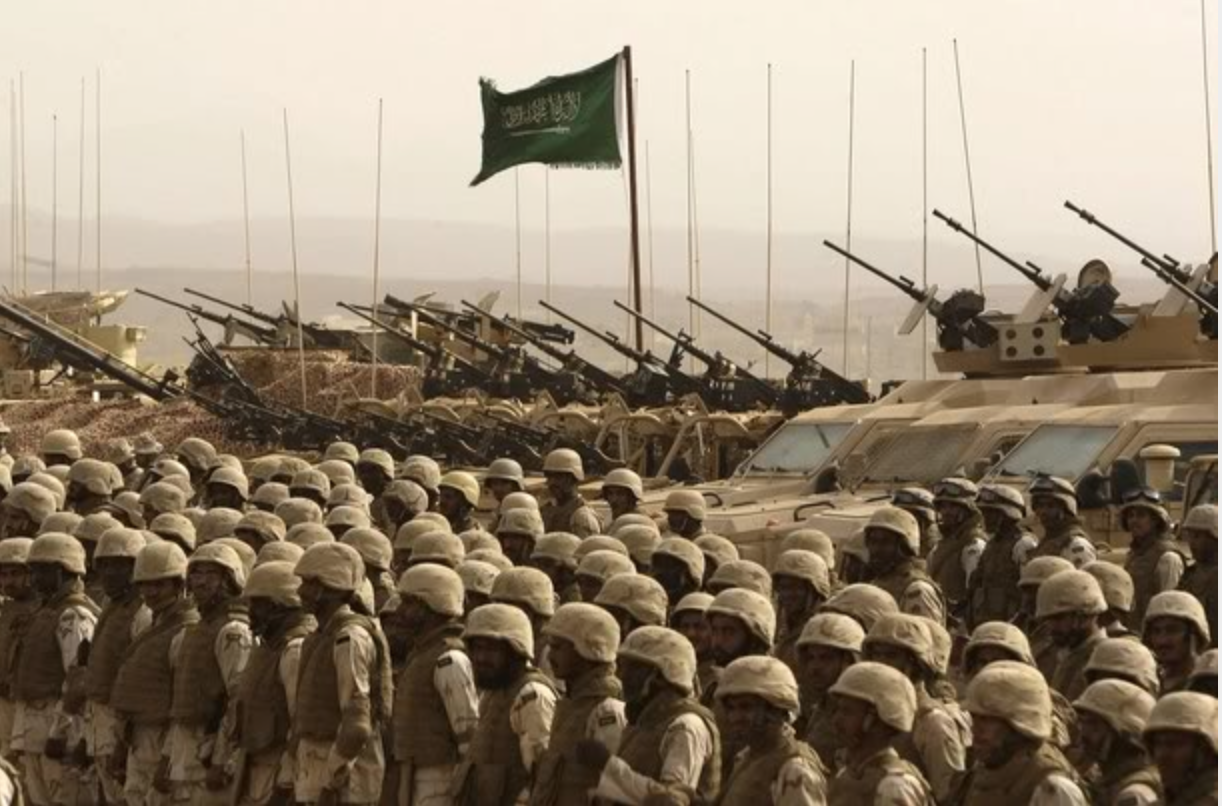
The United States might soon be exercising “tough love” with its partners in the Middle East to get focus on where it needs to be in defeating the Islamic State and addressing other regional security needs, Army Gen. Joseph Votel said during his confirmation hearing to become Central Command’s top officer.
Votel, now the commander of Special Operations Command, said Wednesday in answer to a question, he “would absolutely agree” on the need to bring ground troops from Arab nations into the fight. He added, that if confirmed, he would be “trying to bring some coherence” over the long term in this mission and continue building relations with “countries we’ve invested in for so long.”
When asked as the session was ending how the operations against the Islamic State, in Afghanistan and Libya differ from those he participated in as a junior officer, Votel said it was their complexity. “I think this is an extraordinary task” to bring together partners to act collectively on “the problems we share” and “identify the big problems” that require action in contrast to earlier operations in Grenada and Panama.
In his opening statement, he said he had concerns about the overall strategy to defeat the Islamic State, particularly in Syria “without a political element” being in place.
Chairman Sen. John McCain (R-Ariz.) asked if Votel would support a “no-fly zone” to mitigate the “humanitarian disaster” so many Syrians were facing, he answered, “Reluctantly, my answer is no.” But he agreed that it needed to be thought about.
Army Lt. Gen. Raymond Thomas III, who has been nominated to succeed Votel, said about the stepped-up Special Operations involvement in Syria, “I’m actually quite pleased with the progress we made” in the northeastern part of the county.
The pressure the Islamic State is feeling in Syria is causing them to send recruits to Libya to fight there, he added.
“It has been a tough and formative experience” for the moderate opposition forces in Syria in combating the Islamic State. “They’re losing a lot of people” in the fight, Thomas said.
When Votel was asked about Kurds in Syria attacking other opposition forces, he said that “works contrary to our purposes.”
Votel, who testified before the panel a day earlier, as the head of Special Operations Command, said again, “We’re vetting leaders” of the opposition forces who are now being trained to fight in Syria to rebuild their numbers. “We’re trying to recruit from groups” committed to that struggle and not having as their top objective toppling the regime of President Bashar al-Assad.
Both officers said they believed the Iraqis will need additional resources to retake Mosul, the country’s second largest city, as will Syrian forces in taking Raqqa, the proclaimed Islamic State capital.
To meet Afghanistan’s security needs, Votel said Kabul particularly needs fixed- and rotary-wing air support and integrating intelligence, surveillance and reconnaissance into planning operations.
Aviation, in particular, “has been a lagging development” and it is “absolutely critical to provide those resources so we don’t have a gap.”
Both agreed that Pakistan has leverage with the Haqqani Network operating inside its borders and Afghanistan. Recent Pakistani military actions against the network have pushed a number of its fighters into Afghanistan putting more pressure on Kabul’s security forces.
At the same time, this pressure from Pakistan on the Haqqanis who side with the Taliban “is the closest thing to collaboration we’ve seen over the last year” in fighting terrorists on both sides of the border, Thomas said.
Looking at Iran’s most recent ballistic missile tests, Votel said, “All indications are they haven’t backed off anything” since signing an agreement to end its nuclear weapons program. The “sheer number, the ratio of [its] missiles to our allies and ourselves” is a concern.
When asked about committing American forces to an operation, “the critical phase in war” is “how you work yourself out of a job.” Votel added it is a decision not be made lightly.





